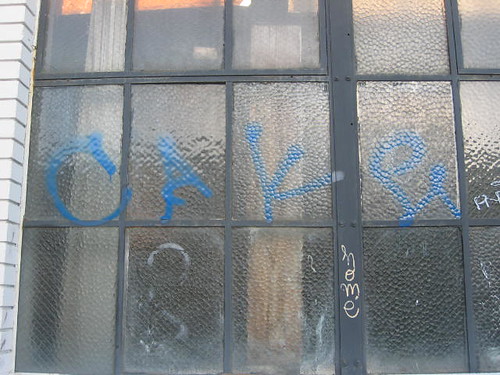Trying to get back to the simple things in life now that my company's gone. Like cooking dinner at least once a week, calling up those I haven't seen in a long time, continuing to turn our Sunset house into a den of fabulous (or frivolous) decoration. And writing, and reading.
What I loved about Oscar Wao was that it was so different from Drown. Drown, though beautifully written, embraced at times a sort of ghetto chic perspective of difference. In writing that sometimes bordered on romanticism Diaz brought for slices of life (the Jersey/Washington Heights DR diaspora, the realities of growing up on food stamps not knowing your father, the clannish intensities of (im)migrant neighborhoods) that were, yes, missing from "contemporary fiction." Over and over, tough-boy narrator Yunior held forth that you could look through the window but you would not know, in a manuscript that held difference over assimilation or non-assimilation, in a way of speaking that made space for otherness/queerness/difference apart from (not of nor in).
Wao, though, is the nerd-chic fatboy younger brother of Drown-era Diaz. It's Diaz's Corrections, his Caramelo, his Middlesex. Wao takes on the language of RPGs and fantasy books, movies, D&D as much as it draws on Spanish-inflected English and Dominican history. The books is so round, and so real, that reading it I forgive the tired genre it stems from...the old family history stretching back in time, that so masculine snapshot-of-three-generations, this is the key, the thread, the connection. This sort of grand family planning seems to be the archetype of our time, that and memoir, and even David Sedaris bridges the gap (both archetypes! one book!) For as much as I love so many of those books I'm ready for something else to capture our collective literary imagination, but until it does, I'll hope it doesn't take 11 more years of nationwide literary-geek snickering til Diaz produces another piece, and I'm hoping that those of us on the margins will continue to take on the constructs of the center to break apart more open spaces.
Tuesday, August 12, 2008
Subscribe to:
Post Comments (Atom)
.jpg)

















No comments:
Post a Comment